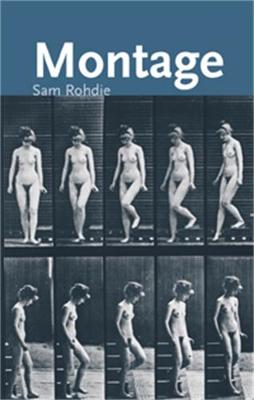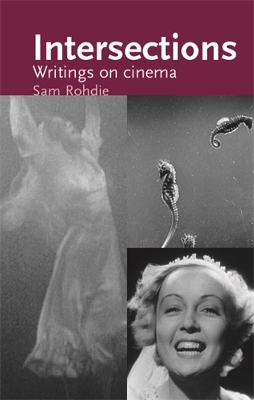Cinema Aesthetics
2 total works
Montage enters into a dialogue with the cinema, probing and playing with its language of motion and stillness, continuity and discontinuity, constraint and openness, time and duration. Comprised of a series of elegantly-written and intellectually vibrant essays, Sam Rohdie's book carefully expresses his ideas and arguments in a manner free from the complexities of contemporary theory and cultural criticism.
As much a book written with the cinema as about it, Montage explores associative and comparative possibilities in the films of directors such as Takeshi Kitano, Jean Renoir, D.W. Griffith, Howard Hawks, Lev Kulsehov, Sergei Eisenstein and Alfred Hitchcock. It offers new and fascinating perspectives on mise en scene, framing, shots, and narrative variation. In combining the sensitive analysis of film forms and structures with an awareness of their historical and artistic relation to other art forms, it also elucidates an appreciation of montage aesthetics that is attentive to the influences of photography, painting and other arts.
Montage is a book that will enrich our ways of seeing, understanding, and enjoying the cinema.
As much a book written with the cinema as about it, Montage explores associative and comparative possibilities in the films of directors such as Takeshi Kitano, Jean Renoir, D.W. Griffith, Howard Hawks, Lev Kulsehov, Sergei Eisenstein and Alfred Hitchcock. It offers new and fascinating perspectives on mise en scene, framing, shots, and narrative variation. In combining the sensitive analysis of film forms and structures with an awareness of their historical and artistic relation to other art forms, it also elucidates an appreciation of montage aesthetics that is attentive to the influences of photography, painting and other arts.
Montage is a book that will enrich our ways of seeing, understanding, and enjoying the cinema.
Comprised of fourteen chapters, the book opens with studies of Louis Feuillade, Jean Painlevé, Jean Vigo and Georges Franju. In each case the author finds original points of reference and cross-reference to other film-makers, and visual artists, particularly within modernism. Successful as free-standing short essays on their subject, the chapters also situate the work of these film-makers less within the context of French cinema history, than within other cinema histories and intellectual traditions. This is an important gesture both in terms of the general architecture of the book, and in terms of its commitment to reclaiming the work of these figures for a wide community of film and cinema studies teachers, students, and enthusiasts, particularly those interested in developing (or disagreeing with!) alternative approaches to the history and language of cinema. Undoubtedly, Intersections is a provocative and challenging read, but that does not make it any less urgent or necessary.

